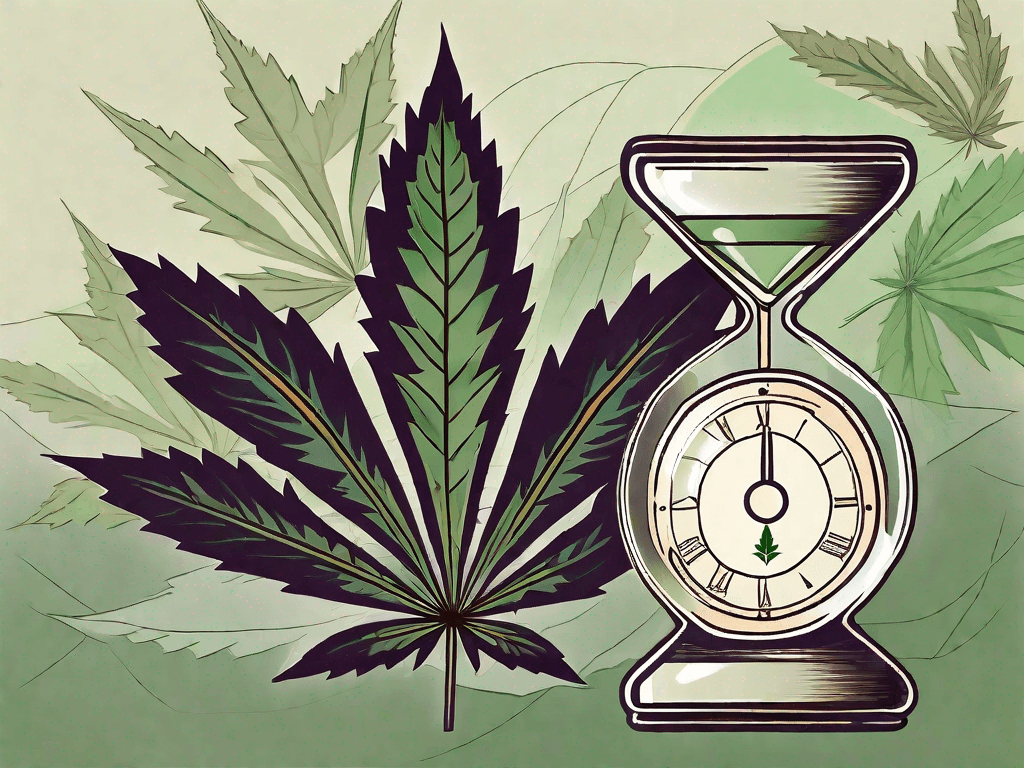
Cannabis and Aging: Insights into Benefits and Use Among Seniors
As we age, our bodies undergo various changes, and we may find ourselves facing new health challenges. One of the increasingly popular solutions to these challenges is cannabis. With the growing acceptance and legalization of cannabis in many parts of the world, more seniors are exploring its potential benefits. This article delves into the relationship between cannabis and aging, providing insights into its benefits and use among seniors.
The Science Behind Cannabis
Before we delve into the specifics of cannabis and aging, it's essential to understand the science behind cannabis. Cannabis contains over 100 different compounds known as cannabinoids. The most well-known among these are THC (tetrahydrocannabinol) and CBD (cannabidiol). THC is the psychoactive compound that gives users a 'high,' while CBD is non-psychoactive and is often associated with the therapeutic benefits of cannabis.
These cannabinoids interact with our body's endocannabinoid system (ECS), a complex cell-signaling system that plays a role in regulating a range of functions and processes, including sleep, mood, appetite, and memory. The interaction between cannabinoids and the ECS is what produces the effects of cannabis.
Benefits of Cannabis for Seniors
Now that we understand the basics of cannabis, let's explore how it can benefit seniors. The potential benefits of cannabis for seniors are wide-ranging and can address several common health issues that come with aging.
Pain Management
Chronic pain is a common issue among seniors, often resulting from conditions like arthritis, nerve damage, or injuries. Many seniors turn to cannabis for pain relief because it's a natural alternative to traditional pain medications, which can have harmful side effects. Studies have shown that cannabis can effectively reduce chronic pain by interacting with the ECS and reducing inflammation.
Moreover, cannabis can be used in various forms for pain management, including topical creams, edibles, and vaporizers, providing seniors with a range of options to suit their preferences and needs.
Sleep Quality
Many seniors struggle with sleep disorders or poor sleep quality. Cannabis, particularly strains high in THC, can promote sleep by inducing a state of relaxation and reducing anxiety. Additionally, CBD has been shown to help regulate sleep patterns, which can be particularly beneficial for seniors with insomnia or irregular sleep schedules.
However, it's important to note that while cannabis can help improve sleep quality, it should be used responsibly. Overuse can lead to dependency and may disrupt natural sleep patterns.
Considerations for Seniors Using Cannabis
While cannabis can offer numerous benefits for seniors, there are also important considerations to keep in mind. As with any substance, it's crucial to use cannabis responsibly and be aware of potential risks and side effects.
Interactions with Other Medications
Seniors often take multiple medications, and cannabis can interact with these drugs. For instance, cannabis can enhance the effects of blood thinners and may affect how the body processes certain medications. Therefore, it's crucial for seniors to discuss their cannabis use with their healthcare provider to ensure it won't interfere with their other medications.
Furthermore, it's important to start with a low dose and gradually increase it as needed. This approach, known as "start low and go slow," can help seniors find the right dose that provides benefits without causing unwanted side effects.
Legal Considerations
While cannabis is legal in many parts of the world, it's still illegal in others. Therefore, seniors should be aware of the laws in their area before using cannabis. Additionally, even in areas where cannabis is legal, there may be restrictions on where it can be used and how much one can possess.
Furthermore, it's important to purchase cannabis from a reputable source to ensure it's safe and of high quality. Purchasing from a licensed dispensary can provide assurance that the product has been tested for contaminants and accurately labeled with its THC and CBD content.
Conclusion
As research continues to evolve, the potential benefits of cannabis for seniors are becoming increasingly clear. From managing chronic pain to improving sleep quality, cannabis offers a natural alternative for seniors seeking relief from various health issues. However, it's important to use cannabis responsibly and be aware of potential risks and side effects. With the right approach, cannabis can be a valuable tool in promoting health and wellness among seniors.

